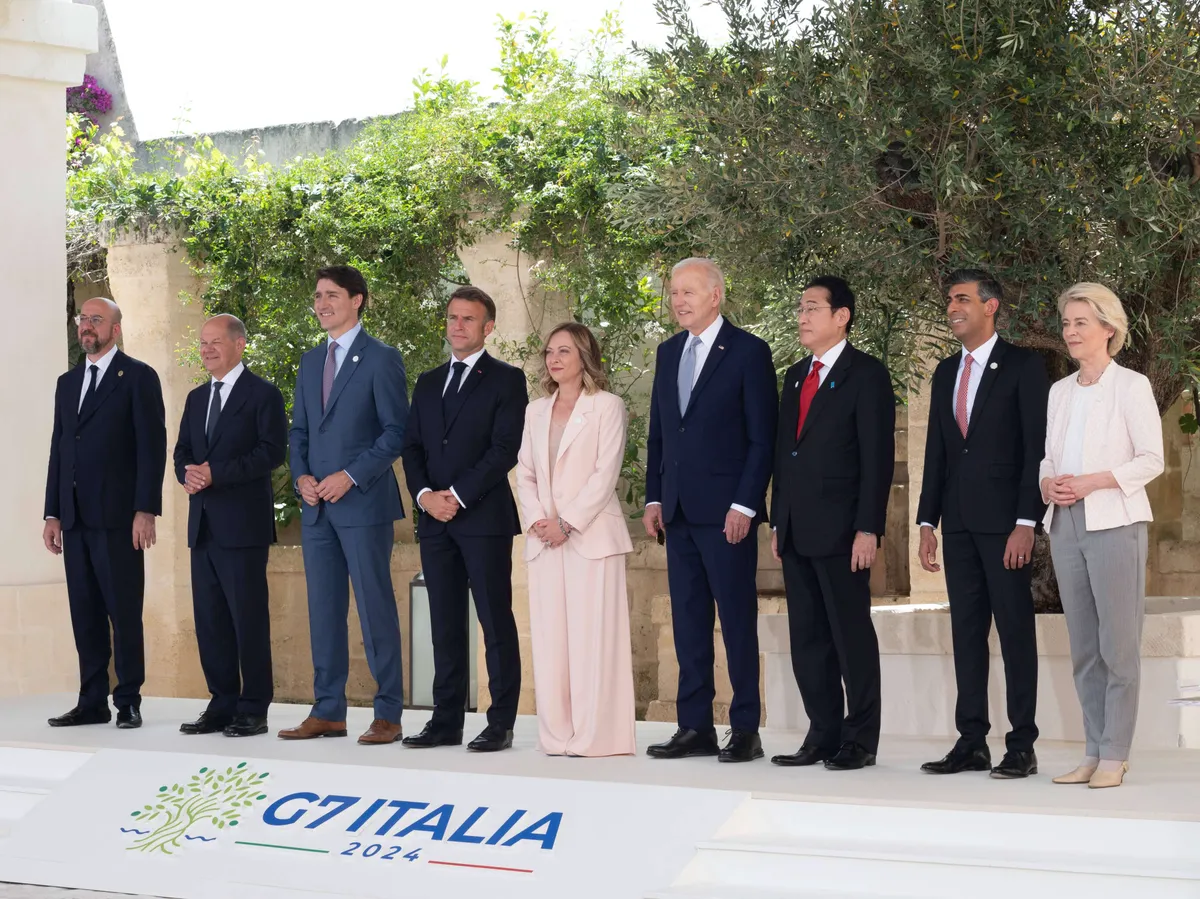At their June summit in Italy, the G7 countries agreed on a $50 billion loan to be granted to Ukraine. In reality, however, the loan has not progressed.
According to the information that became public this week, the European Commission is currently considering financing the EU’s loan share. The Commission has assumed that the EU and the United States would participate in the loan package with similar amounts, i.e. around 20 billion dollars.
However, according to news agencies, the United States is now demanding a new, indefinite sanctions regime to ensure that the frozen Russian assets remain available. Joe Biden the background of the administration’s demand is that the funds frozen from Russia are to be used as a guarantee for the loan to Ukraine.
However, within the EU, Hungary has announced its intention to prevent new sanctions against Russia. In the United States, patience is beginning to fail and Atlantic Coouncilin according to information, the country threatens to withdraw from the entire loan project.
The European Commission is According to Euractive presenting as a solution the “open” continuation of the sanctions system that freezes Russian central bank assets. In practice, it would mean that the European Council would review the freezing of funds at regular intervals based on clear pre-defined criteria.
Another option would be to extend the validity of the currently six-month sanctions to, for example, three years.
Prime Minister of Hungary Viktor Orbán may cause problems in both cases, since the European Council takes its decisions unanimously in these matters.
Orbán opposes both sanctions against Russia and supporting Ukraine. He is expected to be even more aggressive now as EU president.
Orbán’s motives are also influenced by the fact that Ukraine is trying to cut off the flow of Russian energy, especially natural gas, to Europe. Hungary is one of the EU countries that use Russian gas and crude oil.
“The situation is very favorable for Orbán. Russian energy is significantly cheaper than non-Russian energy because of the sanctions”, a researcher at the think tank Center for Eastern Studies Ilona Gizińska comment online magazine for Politico.
